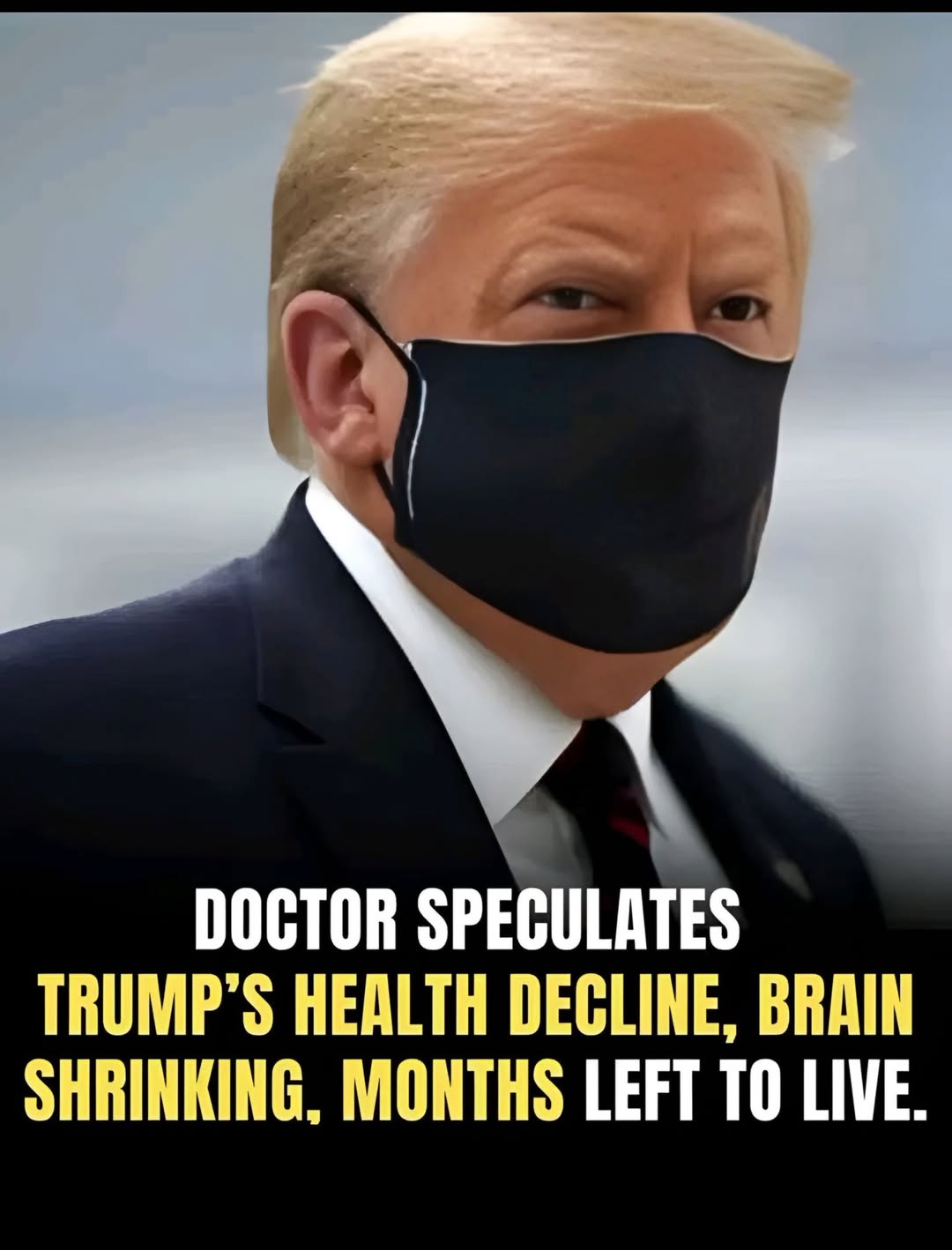Recent public comments from a physician have stirred debate after alleging possible cognitive decline in Donald Trump, pointing to visible bruising and perceived speech changes as potential warning signs. The doctor speculated that such observations could indicate underlying medical concerns and even mentioned questions about long-term health outlook.
However, it’s important to note that no official diagnosis, updated medical report, or formal evaluation has been released to substantiate these claims. Without verified clinical information, outside commentary remains speculative.
Supporters argue the remarks amount to conjecture without evidence, while critics say transparency through verified medical disclosures would help address public concern. In highly politicized environments, health discussions about national leaders can quickly become amplified — underscoring the need to rely on documented medical evaluations rather than interpretation of appearances or isolated observations.
As with any public figure, especially a sitting president, confirmed medical information should come from official examinations and qualified disclosures — not speculation.
#USPolitics #PublicHealth #PoliticalDebate #FactBased #LeadershipTransparency
However, it’s important to note that no official diagnosis, updated medical report, or formal evaluation has been released to substantiate these claims. Without verified clinical information, outside commentary remains speculative.
Supporters argue the remarks amount to conjecture without evidence, while critics say transparency through verified medical disclosures would help address public concern. In highly politicized environments, health discussions about national leaders can quickly become amplified — underscoring the need to rely on documented medical evaluations rather than interpretation of appearances or isolated observations.
As with any public figure, especially a sitting president, confirmed medical information should come from official examinations and qualified disclosures — not speculation.
#USPolitics #PublicHealth #PoliticalDebate #FactBased #LeadershipTransparency
Recent public comments from a physician have stirred debate after alleging possible cognitive decline in Donald Trump, pointing to visible bruising and perceived speech changes as potential warning signs. The doctor speculated that such observations could indicate underlying medical concerns and even mentioned questions about long-term health outlook.
However, it’s important to note that no official diagnosis, updated medical report, or formal evaluation has been released to substantiate these claims. Without verified clinical information, outside commentary remains speculative.
Supporters argue the remarks amount to conjecture without evidence, while critics say transparency through verified medical disclosures would help address public concern. In highly politicized environments, health discussions about national leaders can quickly become amplified — underscoring the need to rely on documented medical evaluations rather than interpretation of appearances or isolated observations.
As with any public figure, especially a sitting president, confirmed medical information should come from official examinations and qualified disclosures — not speculation.
#USPolitics #PublicHealth #PoliticalDebate #FactBased #LeadershipTransparency










